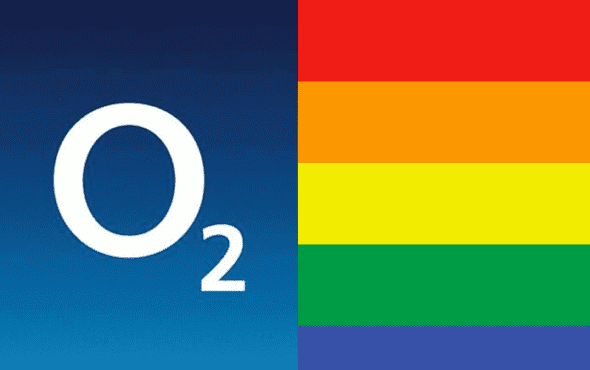
British telecommunications company, O2, has given its employees the progressive choice to add their pronouns to their name badges in-store.
Employees at O2 can now choose how they express their gender identity on name badges at work.
This LGBTQ+ inclusive move was spearheaded by O2’s internal LGBT+ network (Proud@O2) and is aiming to lead the way in creating an inclusive and representative environment for staff.
The use of pronouns on O2 employee name badges will help accommodate those that identify as non-binary, transgender, or gender-nonconforming.
Moreover, the implementation of such a scheme will normalise the presentation of pronouns and will help customers and staff become familiar with different pronouns e.g. they/them.
Ran by volunteers, Proud@O2 has been promoting LGBTQ+ visibility throughout Pride History Month in February and spotlighting key queer community voices.
Jo Bertram, Managing Director of Business, O2, and Executive Sponsor for Diversity and Inclusion was pleased to see the change go ahead and uses a badge displaying pronouns herself. “At O2 we drive our inclusive commitments by empowering our people to have bold conversations, which can lead to initiatives by our employee networks that make a material difference in the workplace.”
Proud@O2 has done just that this year, and I’m pleased to share their news that colleagues working in stores can choose to add their preferred pronouns to their staff badges, ready for when we are out of lockdown and able to open our doors to customers again,” she said.
She added: “I for one have my badge in order to show my support. And to ensure that all of our colleagues can get involved, this won’t just be for our retail staff. Our office-based staff can also choose to add their pronouns to their email signature and their internal profiles if they wish. It’s entirely optional, but great to know that the choice is there for our people.”
Sophie Parker, co-chair of the Proud @ O2 Network, described the implementation of that badges as “a priority for all of us” and “a great example of allyship in action”.
“Enabling colleagues to decide how they choose to express their gender identity and indicate how they’d like to be referred to by colleagues and customers is a vitally important piece of work, and is even more timely as we reflect on LGBT+ History Month.



